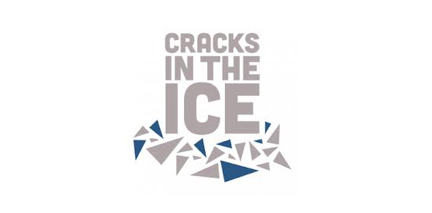Fentanyl and fentanyl analogues pose an urgent public health threat. These substances are of higher potency than other opioids and are increasingly being used to adulterate heroin, contributing to tens of thousands of deaths worldwide. To mitigate the risk of unwitting fentanyl consumption, community-based organisations have started to utilize and distribute fentanyl test strips (FTS). The results of these studies (predominantly conducted in North America) show high consumer acceptability of such a strategy, as well as the potential to result in behavioral changes that reduce overdose risk.
Although Australia has not yet witnessed the same magnitude of fentanyl-related overdoses, there is some evidence of a threat, and it is of critical importance that we be prepared to respond should similar trends start to emerge. Thus, drawing together researchers (including early/mid-career academics), clinicians, and consumers, this project aims to:
- Determine the feasibility, consumer acceptability, and behavioural outcomes associated with take-home FTS, providing an evidence base for implementation and expansion across services in Australia;
- Inform features of a take-home FTS distribution program that reflect consumer needs and wants; and
- Examine support for other drug checking mechanisms among people who use heroin.
Importantly, this will be the first Australian study to:
- Distribute and evaluate take-home FTS (as opposed to use in supervised settings), which has important implications for scalability.
- Examine the use of FTS pre-consumption (i.e. to test substance/residue), providing invaluable harm reduction benefits for consumers. In addition to promoting harm reduction among consumers,this project will also provide another data source for identifying emerging drugs of concern that can feed into public health alert and response systems (e.g., the NCCRED Prompt Response Network).
This project will be undertaken in collaboration with Rankin Court and Kirketon Road Centre, with participants recruited from these two services. Eligible participants will be required to attend a short training session on how to use and interpret the FTS ($10 reimbursement). Upon completion of the training, participants will receive 10 fentanyl test strips for personal use and will be followed-up four weeks later to complete a 30-minute survey ($40 reimbursement).
Dr Rachel Sutherland, Principle Investigator
National Drug and Alcohol Research Centre, UNSW
Dr Amy Peacock, Chief Investigator
National Drug and Alcohol Research Centre, UNSW
Dr Monica Barratt, Chief Investigator
National Drug and Alcohol Research Centre, UNSW
Dr Raimondo Bruno, Chief Investigator
School of Medicine (Psychology), University of Tasmania
Dr Craig Rodgers, Chief Investigator
St Vincent’s Health Australia
Mr Robert Cherry, Chief Investigator
St Vincent’s Health Australia
Ms Maureen Steele, Chief Investigator
St Vincent’s Health Australia
Dr Phillip Read, Chief Investigator
Kirketon Road Centre
Dr Rob Page, Chief Investigator
Kirketon Road Centre




